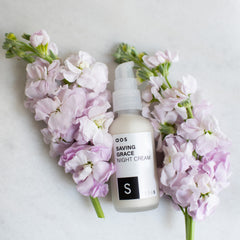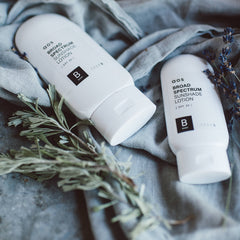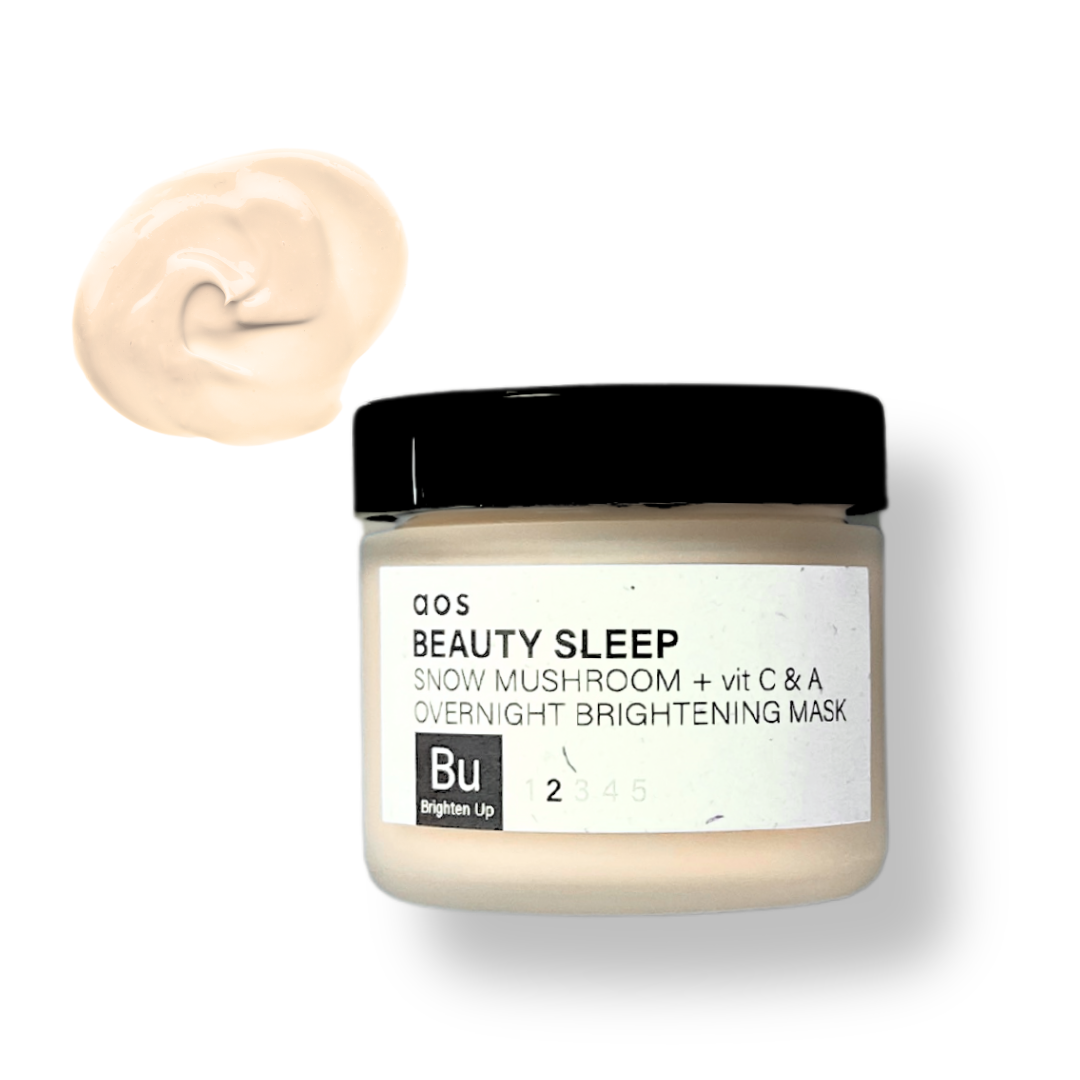Our bodies are regulated by a biological clock that is naturally adjusted and activated on the basis of external signals associated with light and darkness.
What is a Circadian Rhythm?It's simply the rhythmic flow of night and day as our planet rotates on its axis. The word, circadian is a blend of two Greek words for "circa" and "day", indicating a 24 period or, what we call a "day". All mammals live by the rhythms of day and night.
How it affects our bodies & skin: Circadian rhythms affect our sleep, metabolism, wakefulness, growth, mental state, behavior, hormones, body temperature, digestion, and immune systems to name just a few things. We actually have a physical structure deep in our brain that we call the suprachiasmatic nucleus. It's a kind of internal clock, or pacemaker, that primarily regulates our circadian rhythms. This structure is linked to our eyes and when light consistently enters our eyes, it produces specific chemicals and when it's dark out (or when we're sleeping), it produces different chemicals. These chemicals (primarily peptides), along with other things like the amount of melatonin circulating in our bodies, change the functions in our bodies.
When we sleep at night, our metabolism slows, our body temperature drops. Our brain releases chemicals that stimulate our digestive system, increase growth, healing and cellular repair. This is why we sleep a lot when we're sick, why athletes and children need a lot of sleep- and why we can get sick if we're sleep deprived. Sleep deprivation has also been linked to increases in allergic reactions, eczema and psoriasis.
During the day, our cognitive function increases (hello, brain!), our body temperature and metabolism rise, we feel hungry and energetic. Our energy goes primarily towards working, thinking, procuring and eating food, processing the vitamin D we absorb from the sun and all the other things we do during the day. It's also the time that our immune systems are most active, as we're most likely to encounter pathogens when we're out and about.
What throws off our circadian rhythms?
Sleep deprivation, jet lag and exposure to the light coming through digital screens at night can all throw us off. Most of us have had the experience of feeling tired, but somehow we're still able to stay up way too late watching videos on YouTube or scrolling through social media. The light from the screen actually tells our brains that it's still "daytime". That's why reading a book can put us to sleep much faster- there's a little light bouncing off the pages, but not nearly the amount that comes through a backlit screen. I love to read a book at night while sipping some calming herbal tea. It puts me to sleep quickly and I sleep so much more soundly than if I watch TV before going to bed.
How we can optimize our skincare routines with circadian rhythms
Circadian rhythms, controlled by our internal biological clocks, make up the life cycle that controls our bodies' essential functions such as regulating body temperature, balancing sugar and hormone levels, and controlling the cell regeneration and repair system, among other functions.
Besides sunscreen, what should we use during the day?
Circadian rhythms stimulate skin awakening, increasing its self-protection potential and optimizing vitamin D biotransformation. This is why we recommend you use antioxidant rich products and non-sun sensitizing vitamin C during the day, since they will protect you from aggression by external agents like the sun's UV rays, blue light from digital devices, pollution and the general stress of living. Wound healing from conditions like eczema and psoriasis is actually shown to happen faster during the day, so using products to both protect and stimulate the skin to heal is important.
At night, our cells generally go into "growth and repair mode". While we sleep, microcirculation increases, our cells detoxify and are able to absorb more nutrients. That's why I recommend products for nighttime that contain active ingredients which stimulate skin self-repair and self-regeneration, thus helping repair the damages caused during daytime stressors like UV and pollution. Nighttime is the best time to apply skincare products that give back to our skin. Nourishing oils, antioxidants, stem cells, brightening, hydrating and anti inflammatory ingredients are all very beneficial at night when our skin can utilize them best.
Consistency is the key to maintaining our circadian rhythms, our health in general and that goes for our skincare as well.

aos Products that work best at night:
Blue Sapphire Concentrated Brightening Oil
Beauty Sleep Snow Mushroom + vit C & A Overnight Brightening Mask
Youth in Bloom Firming Night Cream
Youth in Bloom Firming Serum
Herbal Night Cream
Saving Grace Night Cream

aos Products for Daytime:
Herbal Day Cream
Youth in Bloom Firming Day Cream
Goji Mate Ultralight Moisturizer
Broad Spectrum Sunshade Lotion
Ultra C Serum
All of our other products can be used anytime, night or day.
Sources:
Circadian Oscillations in Skin and Their Interconnection with the Cycle of Life
https://www.ncbi.nlm.nih.gov/pmc/articles/PMC10051430/







Share and get 15% off!
Simply share this product on one of the following social networks and you will unlock 15% off!